There are numerous approaches you can try at home to ease or prevent gout episodes. Most are natural with minimal adverse effects, though some situations require professional medical attention.
Gout is a form of arthritis that produces pain similar to osteoarthritis, but it also has unique characteristics.
It results from elevated uric acid in the bloodstream. Uric acid can deposit in joints, producing inflammation along with pain and discomfort.
Certain natural treatments might offer relief. However, if your gout pain starts suddenly or is severe, consult your physician before attempting any of the methods described below.
Natural approaches for gout
Cherries or tart cherry juice
As noted in a 2016 review, cherries — whether sour, sweet, red, black, in extract, as juice, or fresh — are a widely used and potentially effective home remedy for many people.
A 2012 trial and another study from the same year also indicate cherries might help prevent gout flares.
These investigations suggested that consuming three servings of cherries in any form over a two-day span was most effective.
Magnesium
Magnesium is an essential mineral. Some people believe it helps gout because low magnesium may exacerbate chronic inflammatory stress, although definitive proof is lacking.
Still, a 2015 study found that adequate magnesium intake correlated with lower, healthier uric acid levels, potentially reducing gout risk — this association was observed in men but not women in that study.
Consider taking magnesium supplements, following the product directions closely, or include magnesium-rich foods in your daily diet. Over the long term this may lessen gout risk or frequency.
Ginger
Ginger is both a cooking ingredient and an herb commonly used for inflammatory issues. Its potential benefits for gout are well-documented.
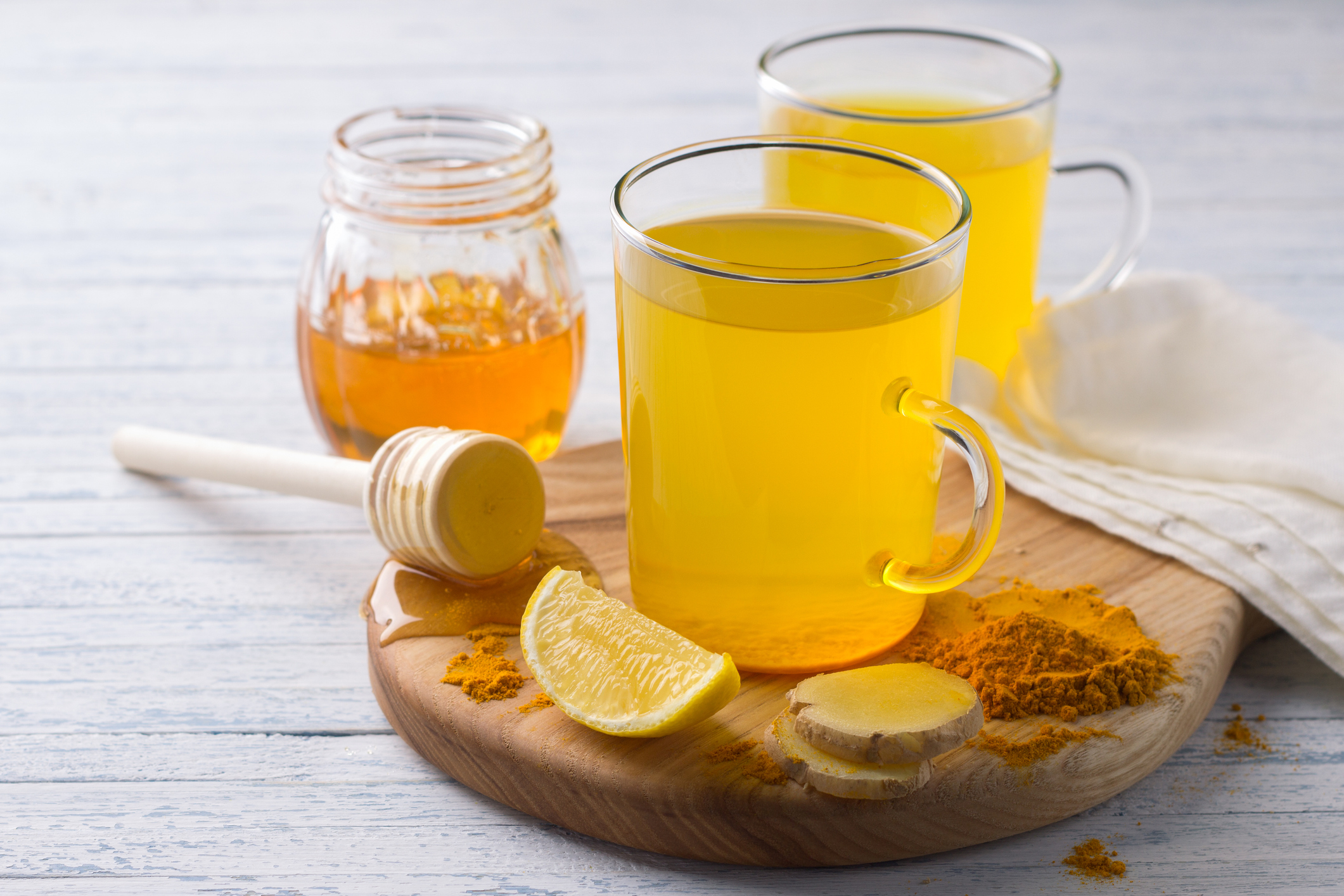
One paper observed that topical ginger lessened pain associated with uric acid in gout. Another report found that in subjects with elevated uric acid (hyperuricemia), serum uric acid decreased after ginger; however, that experiment was on rats and used internal administration rather than topical application.
To make a ginger compress or paste, boil water with 1 tablespoon of grated fresh ginger root. Soak a clean cloth in the infusion and, once cooled, apply it to the painful area for 15 to 30 minutes once daily. Test a small patch of skin first to check for irritation.
For internal use, boil water and steep 2 teaspoons of ginger root for 10 minutes. Drink up to 3 cups a day.
Ginger can interact with medications, so inform your doctor before consuming it in large quantities.
Warm water with apple cider vinegar, lemon juice, and turmeric
Apple cider vinegar, lemon juice, and turmeric are all commonly suggested for gout. Combined, they create a palatable drink that some find helpful.
There’s limited strong evidence for apple cider vinegar treating gout, though research suggests it might support kidney function. Separately, studies look promising for lemon juice and turmeric in lowering uric acid.
Squeeze the juice of half a lemon into warm water. Add 2 teaspoons of turmeric and 1 teaspoon of apple cider vinegar. Adjust for taste and sip this concoction two to three times daily.
Celery or celery seeds
Celery has traditionally been used for urinary problems. For gout, celery extract and seeds have become common home remedies.
Experimental usage is documented, though rigorous scientific evidence is limited. Celery is believed to have anti-inflammatory properties.
Exact effective amounts of celery for gout aren’t established. Try consuming celery multiple times daily — raw sticks, juice, extract, or seeds are common options.
If you buy an extract or supplement, adhere closely to the directions printed on the label.
Nettle tea
Stinging nettle (Urtica dioica) is an herbal remedy thought to ease gout symptoms by reducing inflammation and pain.
Traditional use is often cited in publications, but direct proof is limited. One experiment suggested kidney protection, yet it was performed on male rabbits with kidney injury induced by gentamicin.
To try nettle tea, boil water and steep 1 to 2 teaspoons of dried nettle per cup. Drink up to 3 cups daily.
Dandelion
Dandelion teas, extracts, and supplements are used to support liver and kidney function.
They may reduce uric acid in situations that risk kidney damage, as indicated in a 2013 study and a 2016 paper, but both were animal studies (rats). Dandelion remains unproven for treating gout directly.
You can try dandelion tea, extract, or supplements, and follow label guidance carefully.
Milk thistle seeds
Milk thistle is an herb traditionally used to support liver health.
A 2016 study suggested it could reduce uric acid under conditions harmful to the kidneys, and another 2013 report supports this, but both were conducted in rats.
Follow dosing instructions on a milk thistle supplement or consult your doctor.
Hibiscus
Hibiscus is used as a decorative plant, a food, and a traditional herbal remedy.
It may be used in folk medicine for gout. One study showed hibiscus might lower uric acid, though that research was done on rats.
Try a supplement, tea, or extract, and adhere to label recommendations.
Topical cold or hot application
Applying cold or warm packs to swollen joints can also be useful.
Opinions and studies vary on the best method. Cold soaks or ice packs are most often advised and generally considered effective.
Hot water soaks are usually recommended only when inflammation is milder.
Some people find alternating hot and cold treatments helpful.
Apples
Many natural health resources recommend apples as part of a diet to reduce gout. The rationale: apples contain malic acid, which is thought to lower uric acid.
However, no studies confirm this effect for gout. Apples also have fructose, which can contribute to hyperuricemia and provoke gout flares.
Eating an apple a day is beneficial for general health and may have a small positive effect on gout, provided it doesn’t push your daily sugar intake too high.
Bananas
Bananas are considered helpful by some because they are high in potassium, which supports proper function of tissues and organs.
But bananas also contain sugars, including fructose, which may trigger gout. Other potassium-rich foods with less sugar include dark leafy greens and avocados.
Limiting consumption to one banana a day is reasonable. There’s no solid evidence yet proving bananas help gout specifically.
Epsom salts
Some people suggest bathing with Epsom salts to ward off gout episodes.
The theory is Epsom salts provide magnesium, potentially lowering gout risk. However, research indicates magnesium is not absorbed through the skin in amounts sufficient to produce systemic benefits.
If you want to try an Epsom salt bath, dissolve 1 to 2 cups in warm water and soak your whole body or affected joints for relief.
Optum Now is run by RVO Health. Clicking the link may earn us a commission. Learn more.
Additional measures to lower gout flare-ups
Remove dietary triggers
Diet has a strong connection to gout flares. Avoiding trigger foods and following a gout-friendly eating plan is a key strategy by itself.
Research shows red meat, certain seafood, sugar, and alcohol are common triggers. Opt for low-sugar fruits, vegetables, whole grains, nuts, legumes, and low-fat dairy instead.
Stay well hydrated
Drinking adequate water supports kidney function. Healthy kidneys help prevent uric acid crystal formation and gout attacks.
Keep hydrated and drink plenty of fluids; this can assist with gout management, though it is not a substitute for prescribed treatments.
Get sufficient rest
Gout episodes can limit movement and mobility.
To avoid aggravating symptoms, rest while joints are inflamed. Refrain from strenuous exercise, heavy lifting, or overusing affected joints, as these actions can intensify pain and prolong a flare-up.
Conclusion
Always consult your physician before starting any supplement. Herbal products can cause interactions and side effects.
Do not substitute prescribed gout medications with home remedies without informing your doctor. Herbal supplements are not regulated by the U.S. Food and Drug Administration for content or efficacy. Buy supplements only from reputable manufacturers to ensure safety.
If your gout pain is severe, sudden, or persistent — or if home approaches stop helping — contact your healthcare provider right away.

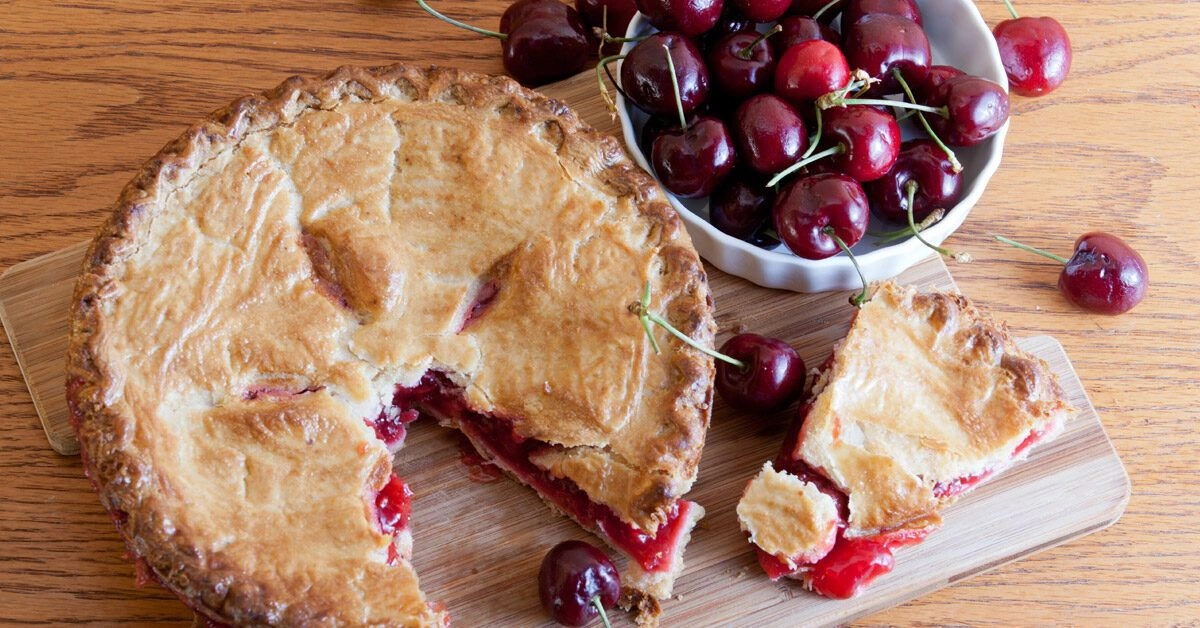

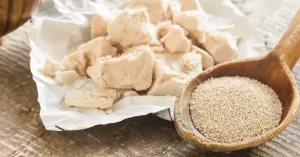

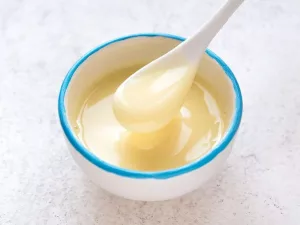
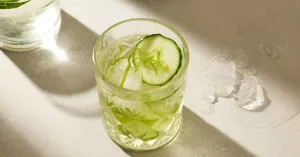

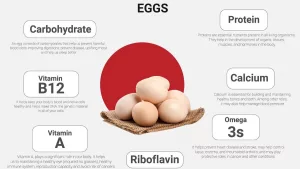








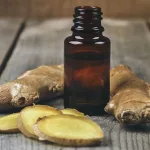







Leave a Reply
You must be logged in to post a comment.